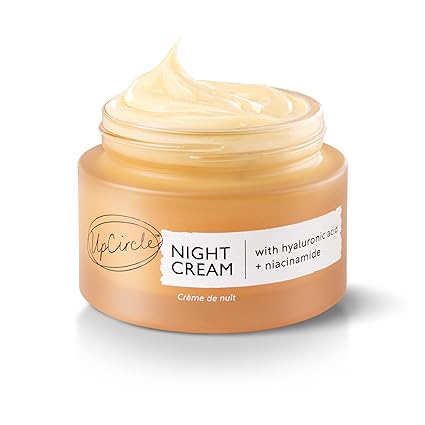Dark skin is called melanin. The amount of melanin in a person’s skin is determined by genetics, sun exposure, and diet.

Beautiful african american dark skin woman – vista.com
Table of Contents
ToggleIt is important to remember that there is no one “right” skin color. All skin colors are beautiful and have their own unique benefits.
Genetics:
The amount of melanin in a person’s skin is largely determined by genetics. People with African, African-American, Asian, or Native American ancestry typically have darker skin than people with European ancestry.
Sun exposure:
Sun exposure can also increase the amount of melanin in the skin. This is why people who spend a lot of time in the sun often have darker skin than people who do not.
Diet:
Some foods, such as carrots and sweet potatoes, contain beta-carotene, which can give the skin a darker color.

Beautiful african american woman with dark skin vista.com
Which country has the darkest skin?
The country with the darkest skin is Ethiopia. The average skin color in Ethiopia is about an 8 on the Fitzpatrick scale, which is a scale that measures skin color from 1 (very fair) to 6 (very dark).
There are many benefits to having dark skin. Dark skin is more resistant to the sun’s harmful UV rays, which can cause skin cancer. Dark skin also has a natural defense against some diseases, such as malaria.
Benefits of dark skin:
Protection from the sun:
Dark skin is more resistant to the sun’s harmful UV rays, which can cause skin cancer.
Resistance to disease:
Dark skin has a natural defense against some diseases, such as malaria.
Lower risk of skin cancer:
People with dark skin have a lower risk of developing skin cancer than people with fair skin
Heat tolerance:
Dark skin helps to protect the body from heat, which can be helpful in hot climates.
Aesthetics:
Many people find dark skin to be beautiful and attractive.
It is important to remember that there is no one “right” skin color. All skin colors are beautiful and have their own unique benefits.
Is dark skin Genetic?
Yes, dark skin is genetic. The amount of melanin in a person’s skin is determined by their genes. Melanin is a pigment that gives skin its color. People with African, African-American, Asian, or Native American ancestry typically have darker skin than people with European ancestry. This is because they have genes that code for more melanin production.
There are some environmental factors that can also affect skin color, such as sun exposure and diet. However, these factors typically only have a minor effect on skin color. The vast majority of variation in skin color is due to genetics.











